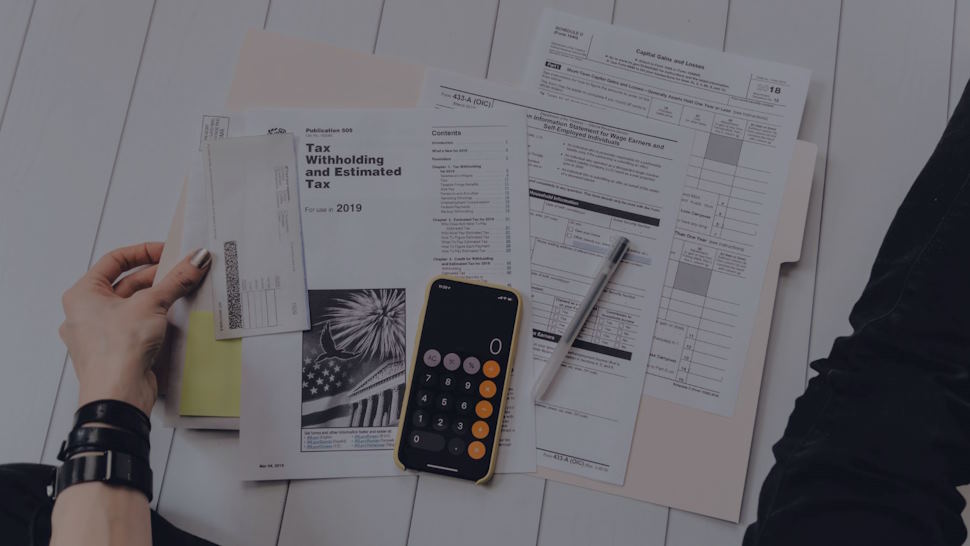The landscape of work has been rapidly evolving in recent years, with freelancing gaining considerable traction across Europe. As the gig economy continues to flourish, more individuals are opting for the freedom and flexibility that freelancing offers. However, navigating the complex world of taxes and financial planning can be a daunting task for freelancers. Understanding the intricacies of tax obligations, deductions, value-added tax (VAT), and retirement planning is crucial to ensuring financial stability and compliance.
Understanding Tax Obligations for Freelancers in Europe
As a freelancer in Europe, it’s crucial to have a solid grasp of your tax obligations to ensure compliance and avoid any unexpected financial setbacks. One fundamental concept to understand is tax residency. Tax residency determines which country you are liable to pay taxes in, and it can vary depending on factors such as your duration of stay, permanent residence, and where your income is generated. It’s essential to be aware of the tax residency rules in your country of residence, as they can significantly impact your tax liabilities.
When operating as a freelancer in Europe, it is important to be aware of the different tax obligations that may apply, such as income tax, value-added tax (VAT), and social security contributions. These taxes are crucial considerations for freelancers, regardless of their location. For instance, if you’re send money from Romania to Moldova, you must not only comprehend the income tax regulations specific to your country but also factor in any potential tax implications involved in cross-border transactions. It is essential to understand the varying rates and thresholds for income tax in different countries to ensure that you accurately calculate and allocate the necessary funds to fulfill your tax responsibilities.

Additionally, freelancers may also be required to register for VAT if their annual turnover exceeds the threshold set by the respective country. VAT is a consumption tax applied to goods and services and is collected by businesses on behalf of the government. Familiarize yourself with the VAT regulations and obligations in your country to ensure compliance and proper invoicing practices.
When it comes to tax rates and thresholds, it’s essential to research the specific rules applicable to freelancers in the countries where you operate. Tax rates can vary significantly, and knowing the thresholds at which you may need to register or pay higher tax rates will help you plan your finances more effectively.
Lastly, maintaining accurate records and organized financial documentation is paramount for freelancers. Keep track of your income, expenses, invoices, and receipts to support your tax filings and claims. This practice not only ensures compliance but also simplifies the tax filing process and minimizes the risk of errors or discrepancies.
Common Deductions and Allowances for Freelancers
As a freelancer in Europe, understanding the deductions and allowances available to you can help optimize your tax benefits and maximize your earnings. By taking advantage of these opportunities, you can effectively manage your finances and reduce your overall tax liability.
One key deduction available to freelancers is business expenses. These expenses are directly related to your freelance work and can be deducted from your taxable income. Examples of common business expenses include office supplies, equipment, software subscriptions, professional development courses, and marketing expenses. By keeping detailed records of these expenditures, you can offset your taxable income and lower your overall tax liability.

Another deduction that freelancers can take advantage of is the home office deduction. If you work from a designated area in your home, you may be eligible to deduct a portion of your housing expenses, such as rent, mortgage interest, utilities, and home insurance. However, it’s important to note that there are specific criteria and limitations for claiming the home office deduction, so familiarize yourself with the rules in your country to ensure compliance.
Freelancers who travel for work purposes can also benefit from deducting their travel expenses. This can include transportation costs, accommodation, meals, and even conference or networking event fees. By keeping detailed records of your travel expenses, you can reduce your taxable income and potentially save a significant amount of money.
While understanding and navigating deductions and allowances can be complex, seeking professional advice or consulting tax specialists is highly recommended. They can provide guidance on the specific rules and regulations in your country, ensuring compliance while helping you optimize your tax benefits. Tax professionals can help you identify eligible deductions, review your financial records, and provide personalized advice to ensure you’re making the most of available opportunities.


